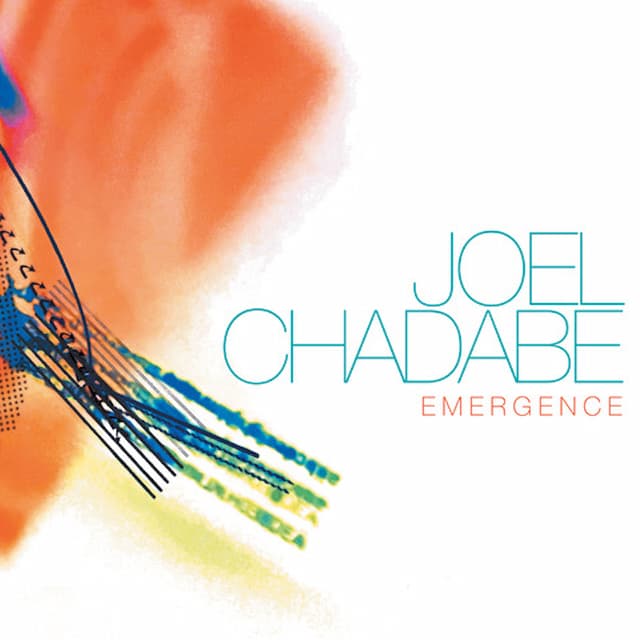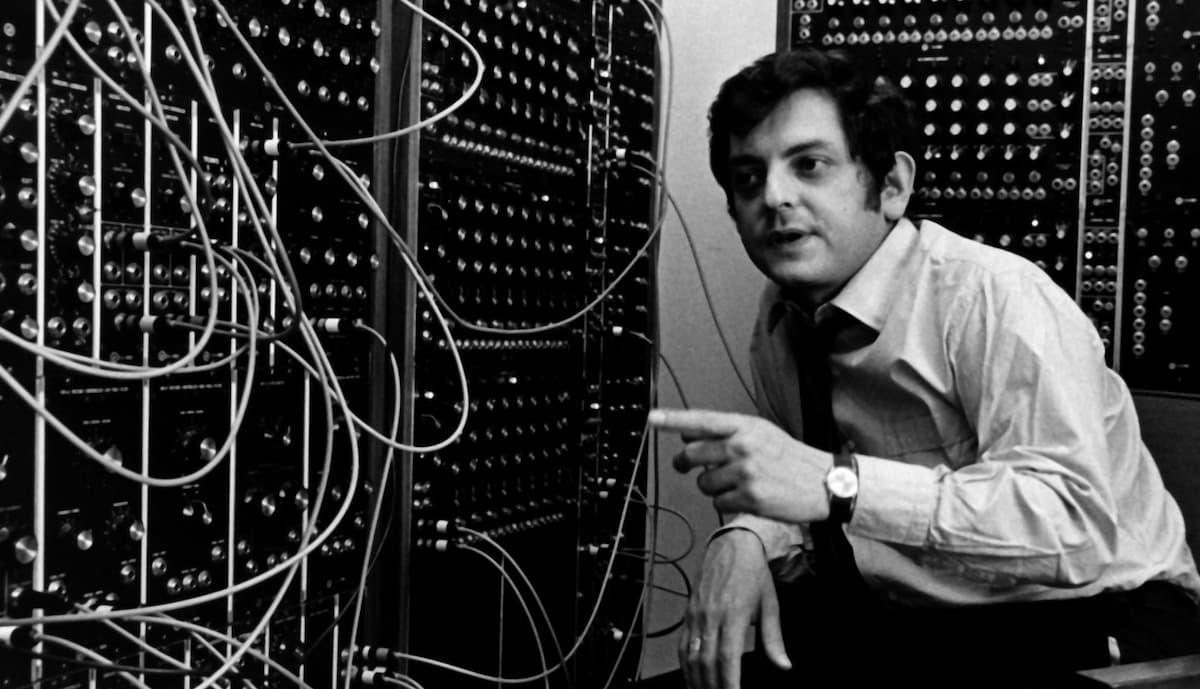Joel Chadabe, a pioneering composer who sadly passed away in 2021, was known for his groundbreaking work in developing interactive music systems. He was a founder of the Electronic Music Foundation in 1994 and contributed as a producer to numerous commercial recordings and concerts. Chadabe played a vital role in bringing to life Lejaren Hillier and John Cage’s iconic work HPSCHD in various venues across America, the Netherlands, and Canada. He started his academic journey by earning a Bachelor’s degree at the University of North Carolina at Chapel Hill and later pursued a Master of Music at Yale University under the esteemed composer Elliott Carter. Among his accomplished students are Richard Lainhart, Warren Burt, David Zicarelli (founder of Cycling ’74), Liz Phillips, Robert Gluck, and Laetitia Sonami.

Collaborating with Robert Moog, Chadabe gained recognition for his passion for synthesizers and musical technologies, exploring not just sound capabilities but also the potential for creative interaction and expression. Throughout his career, he continually broke new ground as a composer, educator, and innovator in musical tool design. A series of Chadabe’s music has been archived and released since 2017, with the latest installment, “Emergence.”

Joel Chadabe © joelchadabe.net
In 1967, Joel Chadabe became the director of the Electronic Music Studio at the State University of New York at Albany (currently The University at Albany). During his tenure, he commissioned Robert Moog to build a new electronic music system. The album includes works from various points in his career. It opens with the dynamic two-piano piece Diversions, followed by Prelude to Naples for flute, clarinet, piano, cello, and conductor, and 3 Ways of Looking at a Square for solo piano, all composed in 1967. These compositions share a common theme, demonstrating the composer’s exploration of time and space using different instruments, acoustics, and silence. Among his earlier works, I am particularly drawn to Street Scene (1968) for tape, recitation, synthesizer, and English horn. It is based on one of Lawrence Ferlinghetti’s famous poems, The Long Street. During the recording, the poem is recited along with the tape, the synthesizer, and the English horn.
The interaction between computers and performers may not seem experimental today, but in 1976, Joel Chadabe created Settings for Spirituals using this innovative approach, which was a groundbreaking concept ahead of its time. In the liner notes, Chadabe explained, “My idea was to use a computer to enhance the musical quality of the vocal sound. The computer was programmed to track every nuance of the voice and generate the appropriate settings accordingly.”
I enjoy listening to percussion music, and it always energizes me. Rhythms for Computer and Percussion (1981) consists of four lively pieces generated by a computer program in response to various physical movements. The computer determined which percussion instruments to utilize. When I listen to these pieces, a vivid array of joyful and lively imagery floods my mind, making the experience truly unforgettable.
This album not only introduces me to Joel Chadabe as a pioneer of electronic music but also as a passionate environmentalist who started the Ear to the Earth music festival in 2006. The last piece of the album, also the most recent one, One World 2, is an excerpt from a much longer piece reproduced for the album. It was an electronic interaction with bird songs and human sounds gathered from all corners of the earth. According to Chadabe, we can engage in the environment at three levels: “We can listen to the sounds of the world around us. We can listen through the ears, sensibilities, and talents of sound artists, which is more compelling and engaging. Or we can create sound art, which leads us to become yet more deeply and thoughtfully engaged.”
In partnership with Ars Subtilior, Emergence is released through Intelligent Arts, an organization founded by Chadabe and currently run by his son Ben. It is available for purchase on Bandcamp and at Intelligent Arts’ website.
Learn more about Chadabe’s life, works, and philosophy.
For more of the best in classical music, sign up for our E-Newsletter


Joel Chadabe’s works are prodigious. Many thanks to everyone who joined together to produce these recordings. Looking forward to listening . . .